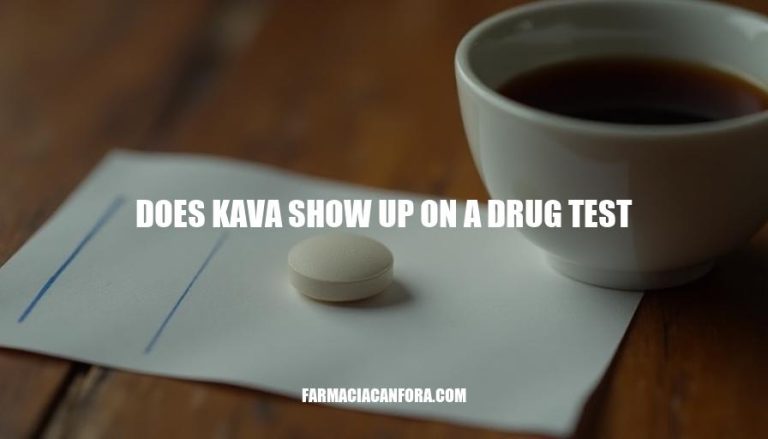


Kava, a traditional beverage from the Pacific Islands, is gaining popularity worldwide for its calming effects and as a non-alcoholic social drink. However, many users are concerned about whether kava shows up on drug tests. Let’s explore this common question.
Kava is a plant known scientifically as Piper methysticum, traditionally used in the Pacific Islands for its sedative, anesthetic, and euphoriant properties.
Origins: Kava is believed to have originated in Vanuatu and spread throughout the Pacific by early explorers. It has been used for thousands of years in ceremonies and social gatherings.
Uses: Kava is consumed for its calming effects, pain relief, muscle relaxation, and anxiety reduction. It is also used in traditional medicine and modern herbal supplements.
Does kava show up on a drug test: Generally, kava is not included in standard drug screening panels and is unlikely to cause a positive result for common drugs of abuse. However, there have been rare instances of false positives, particularly with certain types of drug tests.
Standard drug tests typically screen for substances such as:
Regarding kava, it is not typically included in standard drug tests and is unlikely to show up. Kava is not classified as a controlled substance and standard drug screening panels do not usually test for it.
Kava, derived from the roots of the Piper methysticum plant, is not typically included in standard drug tests. Most drug tests focus on substances like THC, cocaine, opioids, and amphetamines. While kava is not a controlled substance and is legal in many places, it is unlikely to cause a positive result on a drug test. However, some sources suggest that kava could theoretically show up on a drug test, but this is rare and not a common concern.
False positives occur when a drug test incorrectly indicates the presence of a substance. For kava, this is unlikely because standard drug tests do not typically screen for kava or its compounds. However, certain factors like cross-reactivity with other substances or elevated liver enzymes might theoretically cause a false positive. But overall, kava is not a common concern in drug testing.
Kava, derived from the roots of the Piper methysticum plant, is unlikely to show up on a standard drug test. It is not typically included in standard drug screening panels and is not classified as a controlled substance.
While rare instances of false positives have been reported, this is not a common concern. In general, kava will not cause a positive result for common drugs of abuse.